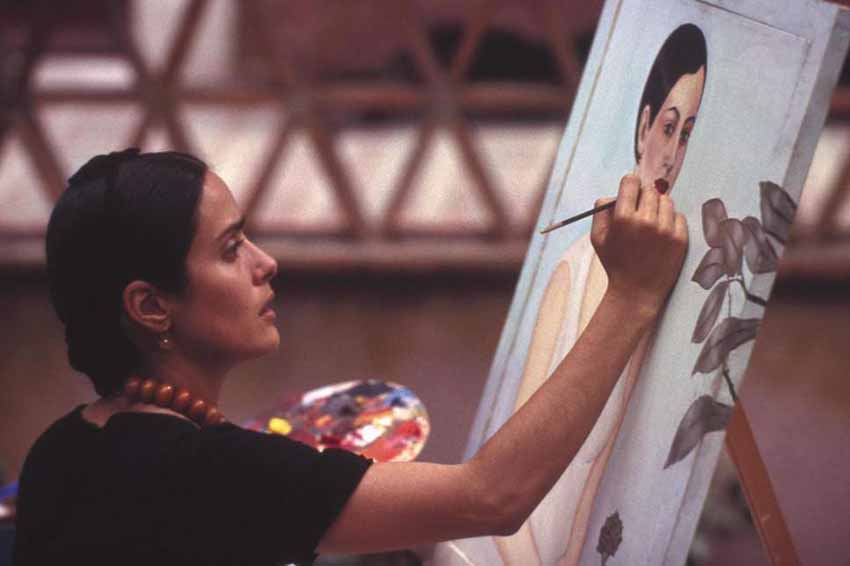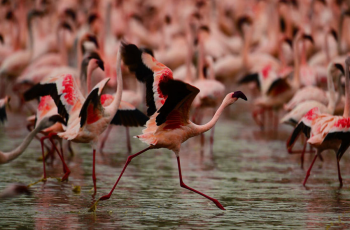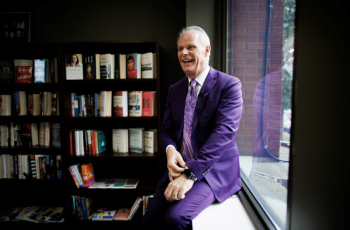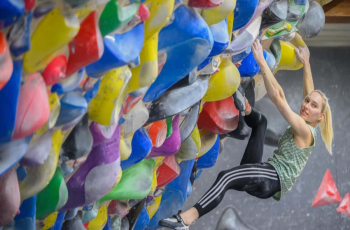Producing Abundance of Ideas Then Taking a Break is Key to Creativity
‘You need to rest, take a break and detach yourself’

Photo Credit : Time
The process of unlocking one’s creativity differs from person to person.
For some, it’s about staying up into the wee hours with copious amounts of caffeine to hand, while others may prefer to rise with the birds and form ideas about world domination on their 5am jog.
But there’s one tactic scientists say could work for us all, and it will transform the way you perform creative tasks.
According to new research from the University of Texas at Austin and the University of Illinois at Chicago, it’s best to churn out an abundance of ideas first, regardless of how good or bad they are, and then step away for what the study’s authors describe as an “incubation period” before returning to the project later.
The researchers conducted two experiments to come to this conclusion.
In the first, they asked 104 participants to design rebus puzzles (riddles combining words and images) for 20 minutes. Some were offered paid incentives depending on how many good ideas for puzzles they came up based on a standard set by the authors. Others were offered a fixed wage of $25 (£18) regardless of the quality or quantity of their puzzles. The rest of the participants weren’t offered any incentive at all.
Initially, the incentives did not seem to boost creativity alone, the authors found. It was only after participants took a 10 day break from the project and returned that researchers noticed those who had been paid to come up with as many ideas as they could had a “distinct creativity advantage”.
“Creativity is not instantaneous, but if incentives promote enough ideas as seeds for thought, creativity eventually emerges,” said co-author Steven Kachelmeier, the Randal B. McDonald chair in accounting at McCombs School of Business in Austin.
Kachelmeier and his team conducted a second study to see how long an incubation period people needed in order to benefit from a boost in their creativity.
They found that going for a walk for as little as 20 minutes did the trick.
“You need to rest, take a break and detach yourself, even if that detachment is just 20 minutes,” Kachelmeier said.
“The recipe for creativity is try and get frustrated because it’s not going to happen. Relax, sit back, and then it happens.”
This article originally appeared on : Independent
-

US sterilizations spiked after national right to abortion overturned: study
2024-04-13 -

Future of Africa's flamingos threatened by rising lakes: study
2024-04-13 -

Corporate climate pledge weakened by carbon offsets move
2024-04-11 -

Humanity lost 'moral compass' on Gaza: top UN official
2024-04-10 -

No.1 Scheffler says patience and trust are secrets to success
2024-04-10 -

From homeless addict to city chief: the unusual journey of Canadian mayor
2024-04-10 -

Slovenian spiderwoman Garnbret eyes more Olympic climbing gold
2024-04-07 -

Academic freedom declining globally, index finds
2024-04-04 -

Zimbabwe declares El Nino drought a national disaster
2024-04-03 -

From polar bears to groundwater, nature is riddled with 'forever chemicals'
2024-04-03
